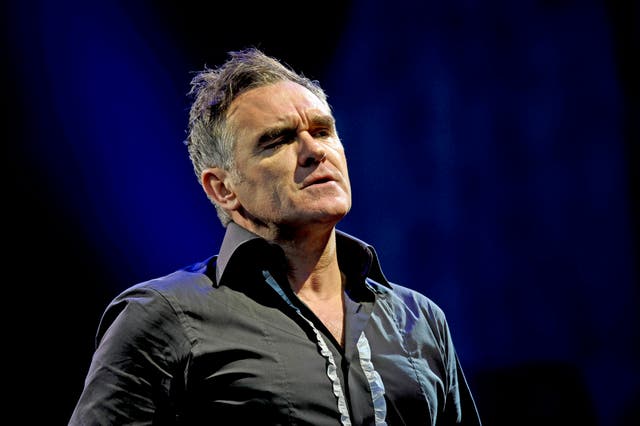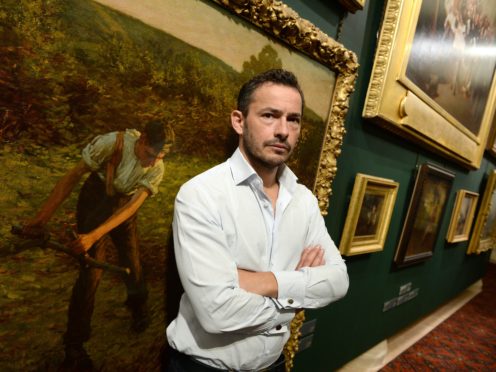The annual Bad Sex In Fiction Award has been cancelled with organisers saying people have suffered enough in 2020.
The tongue-in-cheek prize, set up in 1993 by the Literary Review, usually honours poorly written, perfunctory or redundant passages of sexual description in modern fiction.
Previous winners include the singer Morrissey, columnist Giles Coren and author Tom Wolfe.

Last year it was won by two writers – French author Didier Decoin and John Harvey, a fellow at Emmanuel College, Cambridge – after the judges struggled to pick just one winner.
But in a statement on its website, the Literary Review said the decision to cancel the 2020 event had been made after “weeks of deliberation”.
It said the judges felt “the public had been subjected to too many bad things this year to justify exposing it to bad sex as well” but warned that the cancellation “should not be taken as a licence to write bad sex”.
A spokesperson for the judges said: “With lockdown regulations giving rise to all manner of novel sexual practices, the judges anticipate a rash of entries next year.
“Authors are reminded that cybersex and other forms of home entertainment fall within the purview of this award.
“Scenes set in fields, parks or backyards, or indoors with the windows open and fewer than six people present will not be exempt from scrutiny either.”
The prize was first won by author and broadcaster Melvyn Bragg in 1993 for a scene in his novel – A Time To Dance.
